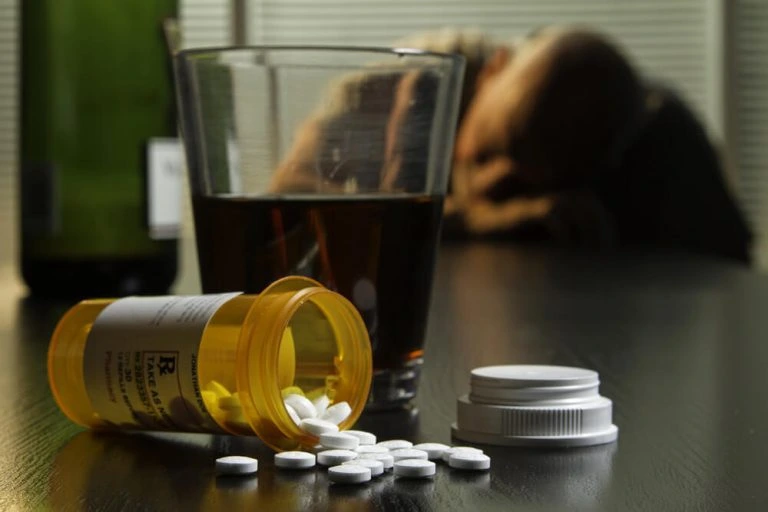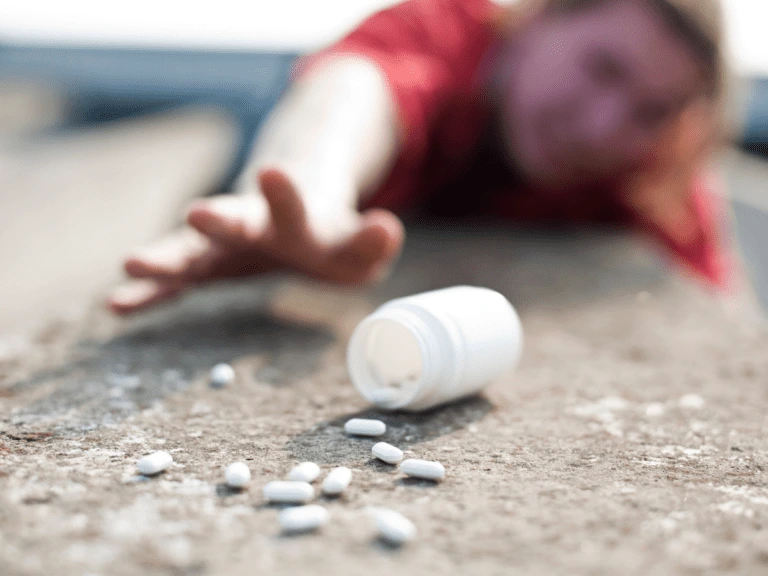Effects of Mixing Benzodiazepines and Alcohol
Benzodiazepines are commonly used central nervous system depressants. Not only are they useful in the treatment of stress and anxiety, they are often recommended for serious muscular spasms. Valium, Xanax and Klonopin are among the most commonly prescribed benzodiazepines. Unfortunately, there is a substance commonly preferred by many people who suffer from any of these symptoms: alcohol. Using both benzodiazepines and alcohol together tends to come naturally to many.

Avoid the Risks of Mixing Benzodiazepines and Alcohol. Just Don’t Do It.
It’s a common practice among those who experience stress and anxiety, to drink a glass of wine or other alcoholic beverage from time to time; when they are in possession of a prescription for a benzodiazepine, they may pop a pill at the same time that they take a drink.
There are problems, however. To begin, alcohol has the ability to amplify the effect of benzodiazepines. For those who take larger doses of one of these drugs, overdosing becomes a serious threat. A 2011 report by SAMHSA found that 9 out of 10 patients arriving at emergency rooms for benzodiazepine abuse suffered from complications arising out of concurrent use of another drug. In one out of four of those cases, that drug was alcohol.
Using both benzodiazepines and alcohol together is an activity that is fraught with risk.
Why is there heightened risk of overdosing?
Both benzodiazepines and alcohol are drugs that come with depressive effect, each working in a different way. When used together, the combined outcome can be to slow down far too greatly, the ability of the central nervous system to function. A benzos and alcohol blackout condition may occur; benzos and alcohol overdose that results in coma or death may occur. At the very least, the combined effect of these drugs may compromise the immune system, slowing down response, and increasing possibility of serious infection.
There can be drastic loss of inhibition
Both alcohol and benzodiazepines have the effect of lowering the brain’s ability to exercise judgement and control behavior. Concurrent use of these drugs can result in a precipitous drop in any ability at self-control or discipline. Such loss of inhibition can result in an appetite for dangerous risks without consequences properly considered.
There is a rise in risk of poor mental health
Using both drugs together may result in more than temporary loss of inhibition while the effects last; while the long-term effects aren’t fully understood yet, there are studies that show that mental health disorders tend to be more common among those who use combinations of such drugs.
From depression to bipolar disorder and various psychotic disorders, a number of harmful mental health conditions may come about.
There is greater occurrence of addiction
A polysubstance abuse habit can have unpredictable results. With alcohol and benzodiazepines, there is often a rise in risk of dependence. When addiction occurs, quitting can be much harder, as well. Withdrawal can be complicated by the occurrence of seizures and other high-risk conditions.
Finding treatment
Addiction to benzodiazepines can be hard enough to treat when the one of these drugs is used by itself. The withdrawal process can be drawn out to as much as 90 days in some cases. When alcohol dependence is added to the mix, withdrawal can come with complications, as well. It’s important to seek inpatient rehab. Close monitoring by addiction experts and medical doctors is important to protect against severe onset of seizures.
Addiction to combination of benzodiazepines and alcohol can be hard to treat for another reason – not many rehabs exist with the experience necessary. It’s important to do some research ahead of time to ensure that a rehab does possess expertise.
Help is as close as your telephone, and you should not wait another day to make the call. Call us today and you’ll be connected to an addiction care specialist that an help you find the right facility and treatment program. Contact us now at (800) 429-7690.








